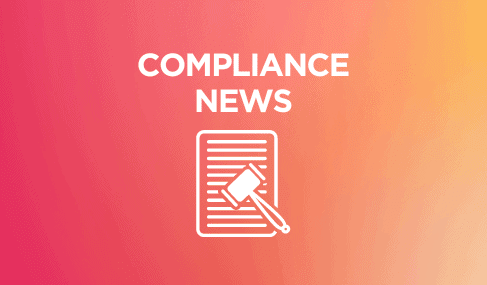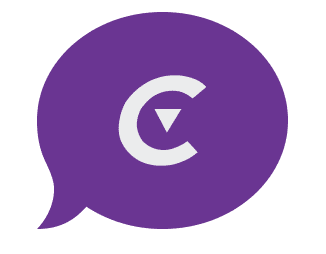
This article is a repost from ACA International. Our goal is to keep our customers and industry associates up-to-date with the compliance news reported for our industry. The information on this page and related links is provided for general education purposes only and is not legal advice. Convoso does not guarantee the accuracy or appropriateness of this information to your situation. You are solely responsible for using Convoso’s services in a legally compliant way and should consult your legal counsel for compliance advice. Any quotes are solely the views of the quoted person and do not necessarily reflect the views or opinions of Convoso.
Get a recap of the latest contact center compliance news delivered monthly to your inbox. Subscribe here >
A modified rule on call exemptions and obtaining consumers’ consent from the Federal Communications Commission will take effect this year, and ACA International is working on resources to help members meet their compliance responsibilities.
Roughly two years ago, the FCC issued a rule amending its long-standing exemptions rule for certain automatic telephone dialing system (ATDS) calls to residential landlines. The amendments generally limit the number of automated, prerecorded voice calls that can be made to a residential line using an ATDS to three calls within a 30-day period.
But those amendments were on hold for more than 18 months pending the FCC’s resolution of ACA’s petition for partial reconsideration of the rule and now, with the FCC’s December 2022 ruling, they have been modified again.
What Does That Mean?
The FCC issued a revised order (pdf) on Telephone Consumer Protection Act exemptions with updates to its rule requiring prior express written consent in response to a petition (pdf) from ACA and a coalition of joint industry trade associations.
On reconsideration of the TCPA exemptions order, the FCC revised its rule requiring prior express written consent to make informational calls over the numerical limits and to permit callers to obtain the necessary consent either orally or in writing.
The revision will ensure consumers can continue to receive the important informational calls that they have requested and consented to receive about their utility service, financial accounts, package deliveries and health care services.
ACA and its industry trade association partners have consistently advocated with the FCC on rules required under the Telephone Robocall Abuse Criminal Enforcement and Deterrence Act (TRACED) Act to ensure legitimate business calls are getting through to consumers who want them while mitigating illegal robocalls from bad actors.
Eric Troutman, founding partner of the Troutman Law Firm, recently wrote on the TCPAWorld blog how ACA and its industry trade association partners’ petition noted what was likely a mistake by the FCC only allowing written consent for calls to consumers.
“As a result of the ruling callers that make informational calls to landlines can still make their three free prerecorded efforts per month—collectors must be careful of CFPB rules, however—and then can rely on regular express consent if that number is to be exceeded (or stop using prerecorded calls),” Troutman writes. “As a practical matter this just allows folks who DO have express consent—but not written consent—to continue their calling practices. Otherwise, these folks [also] would have been limited to but three attempts per month.”
The FCC also granted ACA’s request that an earlier commission ruling on prior express consent for calls made by utility companies to wireless phones applies equally to residential landlines. While this request primarily applies to calls from utility companies, the decision streamlines prior express consent requirements for calls made to residential landlines, ACA previously reported.
Effective Date
The revised rules will take effect six months from publication in the Federal Register to allow callers an opportunity to comply with the numerical limits and opt-out requirements on artificial or prerecorded voice calls made to residential lines. The effective date will be the same as additional rules in the TCPA exemptions order that have not yet gone into effect.
Get a recap of the latest contact center compliance news delivered monthly to your inbox. Subscribe here >
